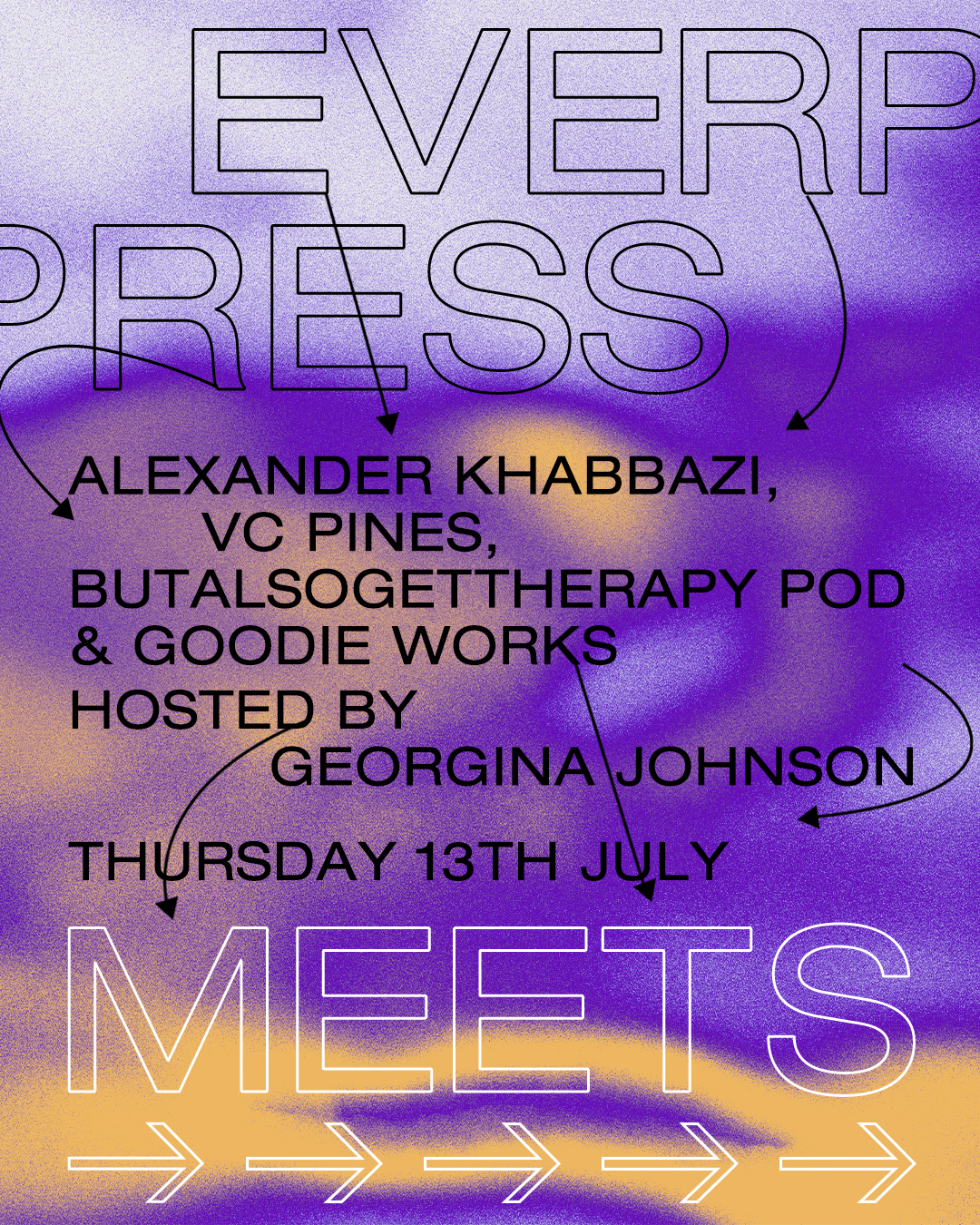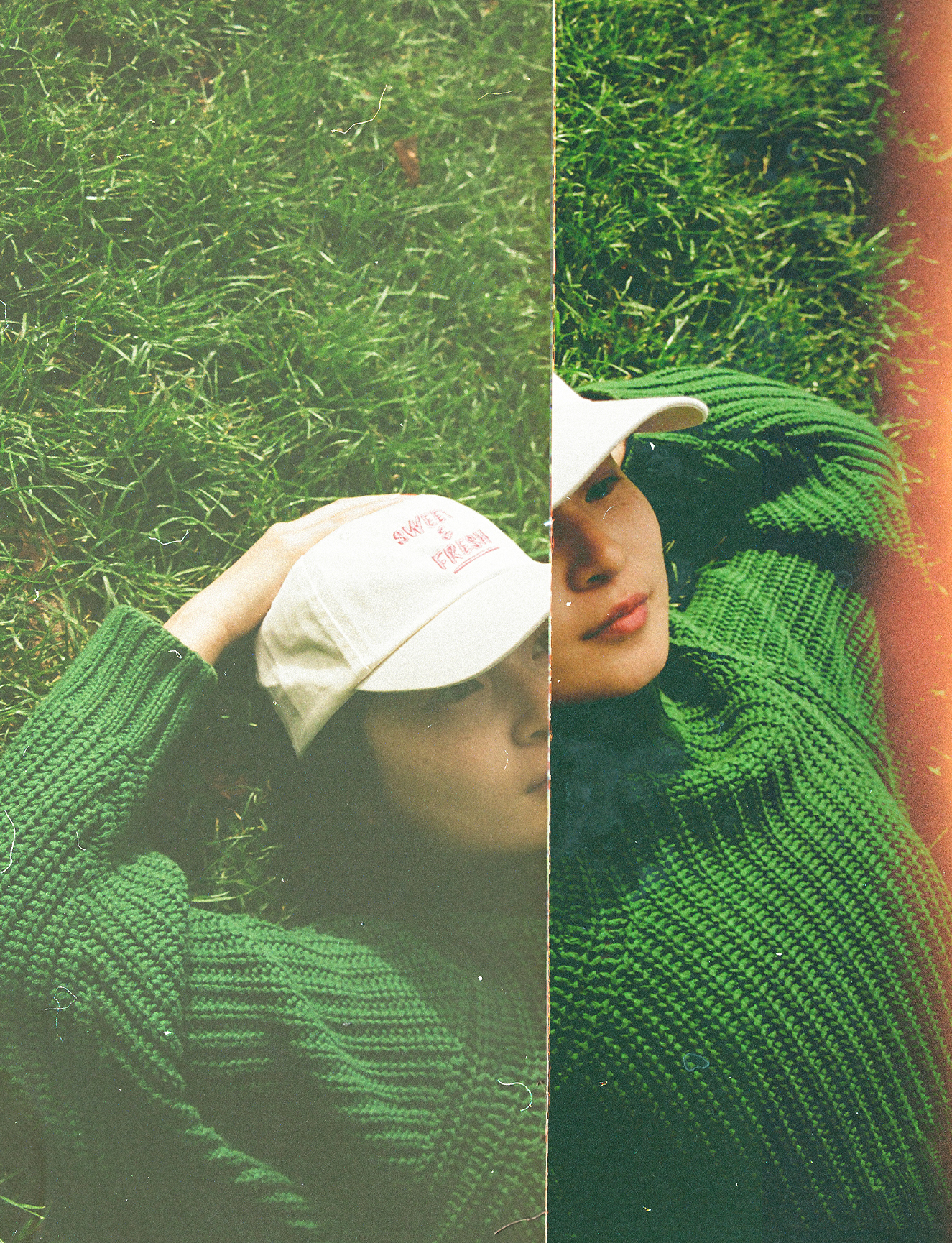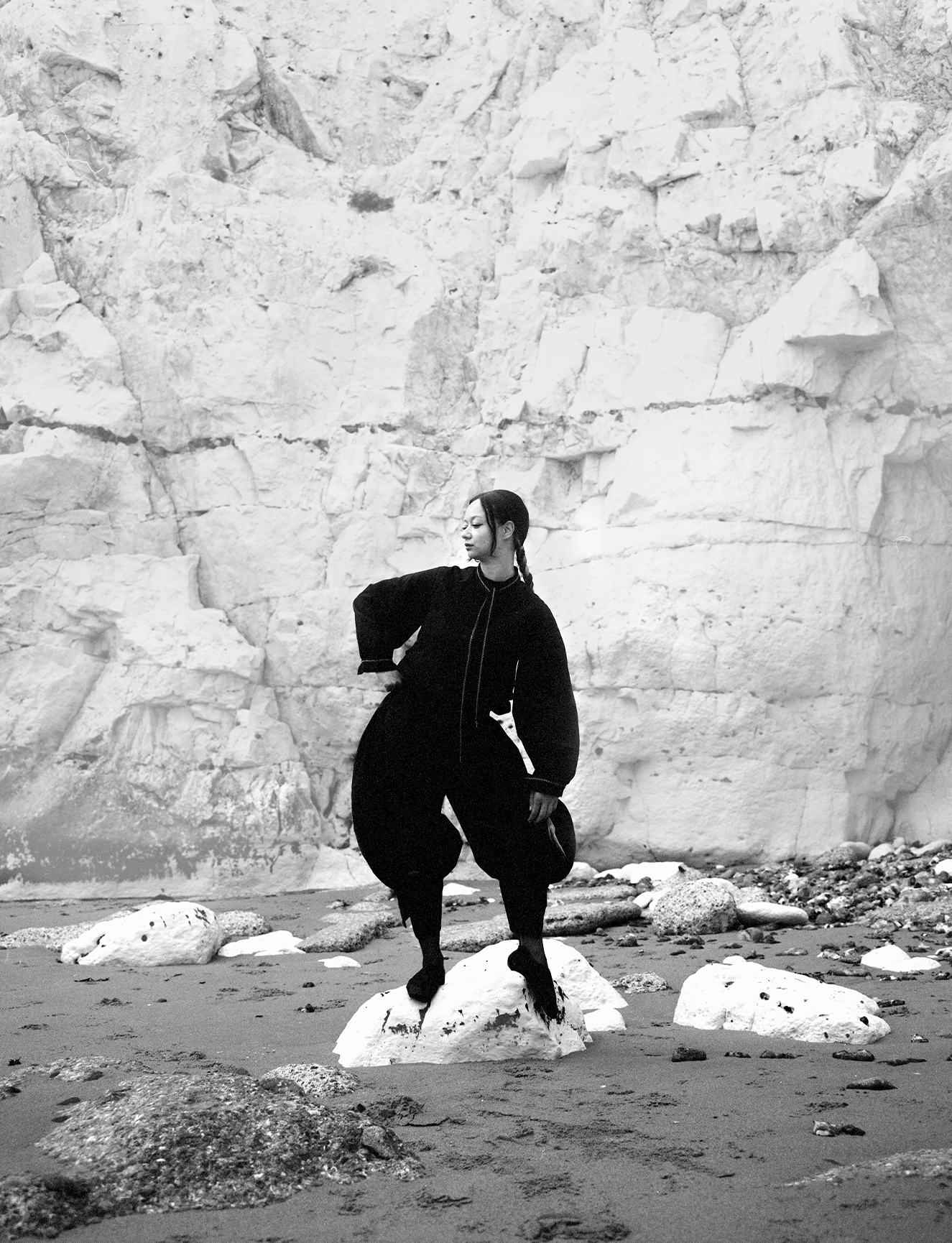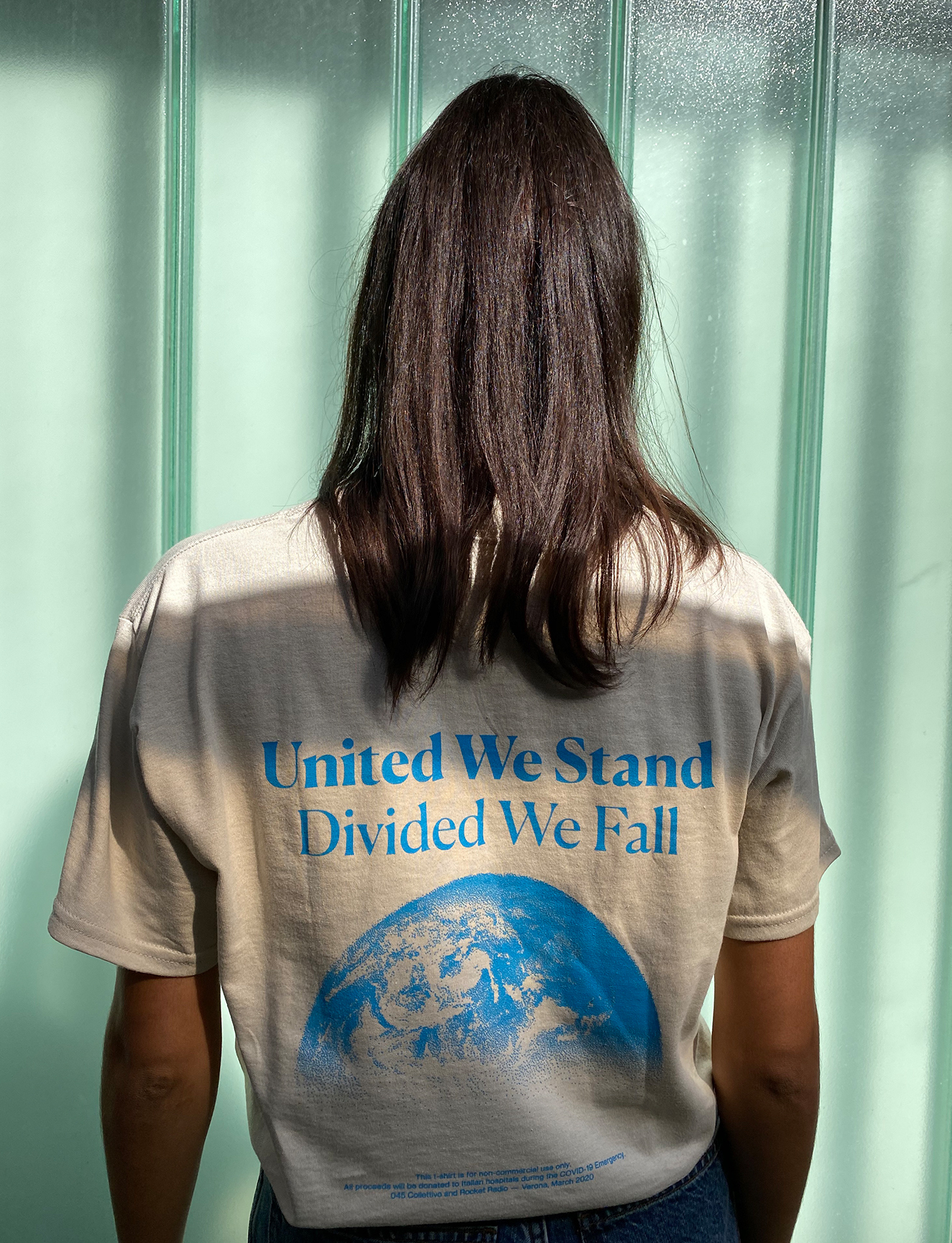On The Work That Sells Online
Georgina Johnson: Lucy has one of the best-selling T-shirts on Everpress, Mr Negroni, so I wanted to ask in this context, were there any other designs that you thought would do better, or would be more exciting, but it ended up being this one that did well?
Lucy Watson, Goodie Works: I’ve got quite a few other designs and they just don’t do nearly as well. My collection of cocktail designs all sell really well, but some of my favourite designs that I took way longer doing just don’t. I guess because cocktails are popular, they’re probably algorithm beating, so more people come across them. I was quite fortunate that someone had bought an Aperol Spritz T-shirt from Everpress and posted a TikTok about it, which got loads of views and which meant more sales (and forced me to download a TikTok account…)
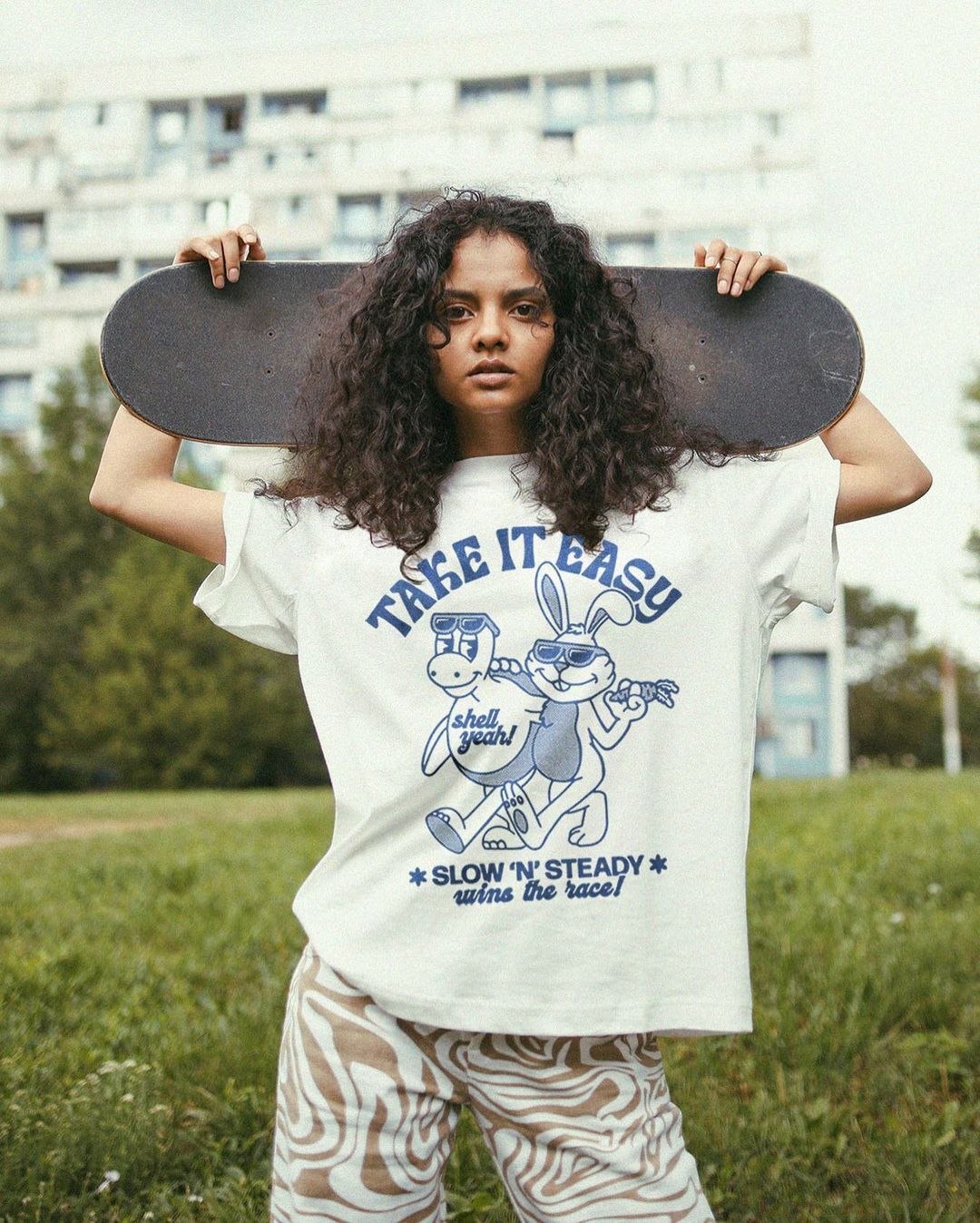
Alexander Khabbazi: That in itself, I think, is the algorithm helping your career maybe. For me, I wouldn’t really have a design career if I didn’t start an Instagram and have the algorithm, for whatever reason, be favourable to the work that I made. I quit my job in lockdown and started doing graphic design, making prints and things, and just selling them on Instagram. The Explore page helps me make I’d say half my income, which is pretty significant. Obviously there are some pretty bad sides to it, but it can also be great for promotion.
Georgina Johnson: Do you remember when that completely shifted?
Alexander Khabbazi: Yes because you can see your follower stats on Instagram, how many are from the homepage, and how many from the explore page. At one stage for me the explore page was 95%; you couldn’t afford to pay Instagram to run an ad to reach half a million people, but the explore page can do that for you for free, if you’re making ‘the right work’ I suppose.
VC Pines: It’s funny how with social media, I feel like the algorithm is something that you can manipulate in a way, you can make your posts more engaging, or vibrant ,or eye-catching. But DSPs and streaming services also use an algorithm, but it’s something that, as an artist, you have no control over. You can see in Spotify For Artists, “Okay, so I’ve got this song and X amount has come from users, and playlists and X amount has come from the Spotify algorithm.” That’s where, if you listen to an album or playlist and it reaches the end, it will go into playlist radio, or song radio, or album radio, and play music that it thinks you like, based on what you just listened to. This is something you have no control over.
Since COVID and since TikTok blew up, there’s been a huge number of musicians who have been signed because they’ve gone viral or because a certain number of followers have been ticked off. It can be a double-edged sword. For some artists, it’s been great. But for some labels, they’ve just signed someone for £250,000, and then realise that they actually don’t know how to write the song, and that they need to send them to several writing camps with a load of other songwriters to essentially take someone from the stage of being on their phone to get them to where they’re on a stage in front of 50,000 or 60,000 people.
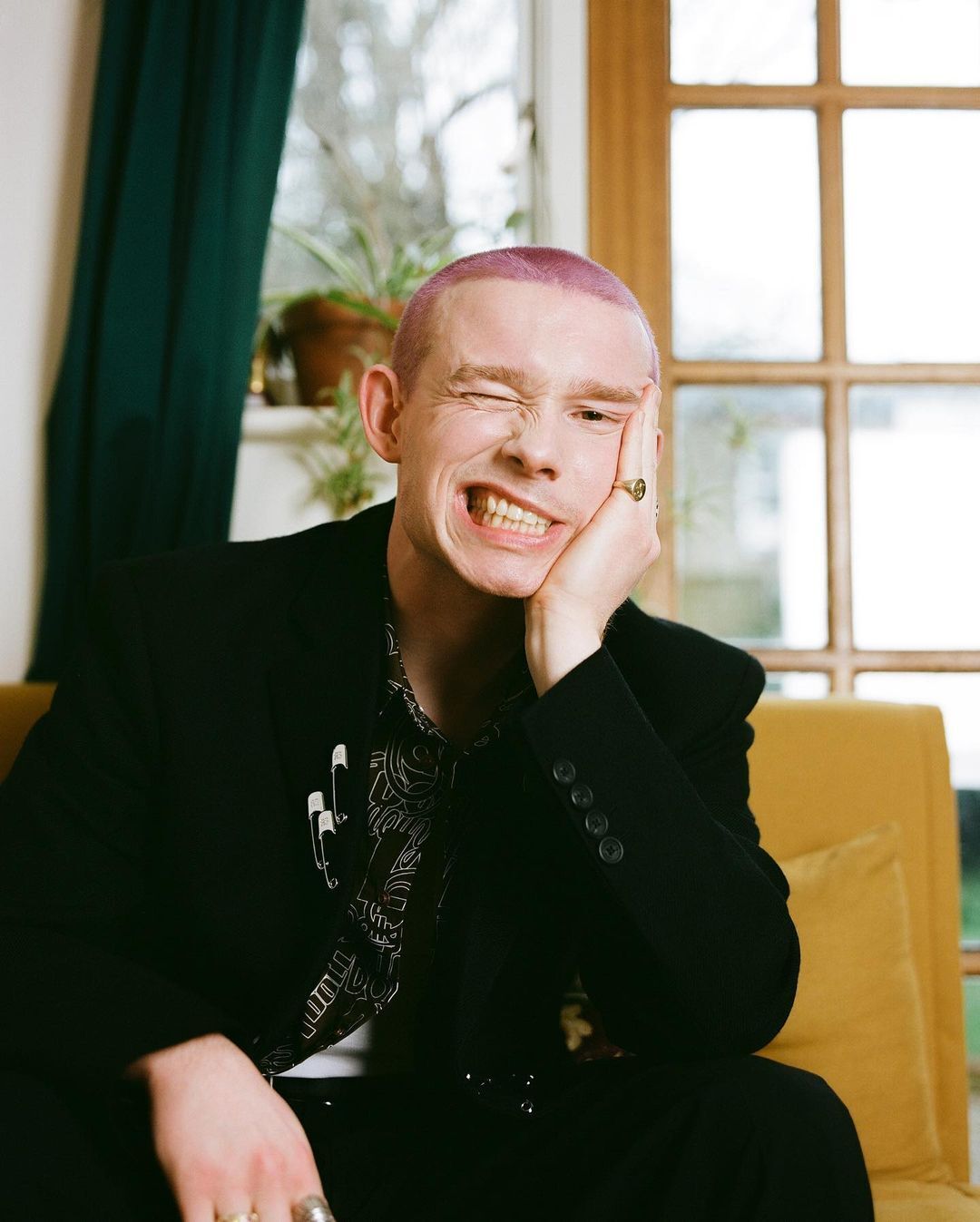
On What The Creative Industries Might Look Like Without Social Media
VC Pines: I think what will be hard to imagine is a world with streaming but without social media. Because you’d have the algorithm there, but no socials. I think music discovery would be a lot more organic, and that the algorithm would work completely differently.
Halima, But Also Get Therapy: At the minute it feels like everyone has got a podcast. That’s not necessarily a bad thing, but we have found it quite hard just being completely organic, and both of us starting with the intention of being a podcast rather than influencing or having a social platform. Obviously we have benefits from social media and people finding us on Instagram, but I think for the way we’re doing it, I don’t know how much it would be affected.
Lucy Watson, Goodie Works: For design overall, it might not change too much. But as a freelancer personally, there are so many clients that I’ve worked for that I wouldn’t have found if it wasn’t for social media; restaurants and hospitality companies and things like that, because there’s not really another platform that connects you to businesses in that way.
Georgina Johnson: I do sometimes find myself using Google Maps and thinking, “How would I survive in the years before it?” I just watched the WHAM! documentary on Netflix, and seeing people flocking to stadiums through word of mouth, radioplay, maybe a tiny newspaper clipping, it reminds you there was a whole world and life before this.
Alexander Khabbazi: I’m not an artist artist, but I sell a lot of prints. Realistically, in the past to be an artist would have meant being in a super-exclusive gatekept, elitist group of people. Nowadays, you can get there by getting big on Instagram. So I think that’s a part of a creative career that is benefiting from it, it undercuts all the established barriers to entry.
On The Impact Of AI
VC Pines: It’s reshaping, removing, and creating new jobs, especially in the music industry. If you’re if you’re an up-and-coming artist without much budget, and you can’t afford the producer that you want, or the mixing engineer, or the mastering engineer, then you can take your own song and put it through the Pharrell Williams machine, or select the music engineer that you want and get your song printed out as mixed by that engineer. You’ve saved yourself a lot of money and you’ve got a song that sounds really good. But what you have also done is you’ve destroyed someone’s overhead, and there will be thousands and thousands of people who will lose their jobs and have to completely change and rearrange what they do.
There are pros and cons. I asked ChatGPT to write me a plan for self-releasing a debut album, and it was crazy how accurate it was. So it’s a really, really powerful tool if you use it in the right way. I think AI is going to be one of those things where, if you are using it to make your album artwork or finish your song, then I think you need to be upfront about it. We need some serious rules.
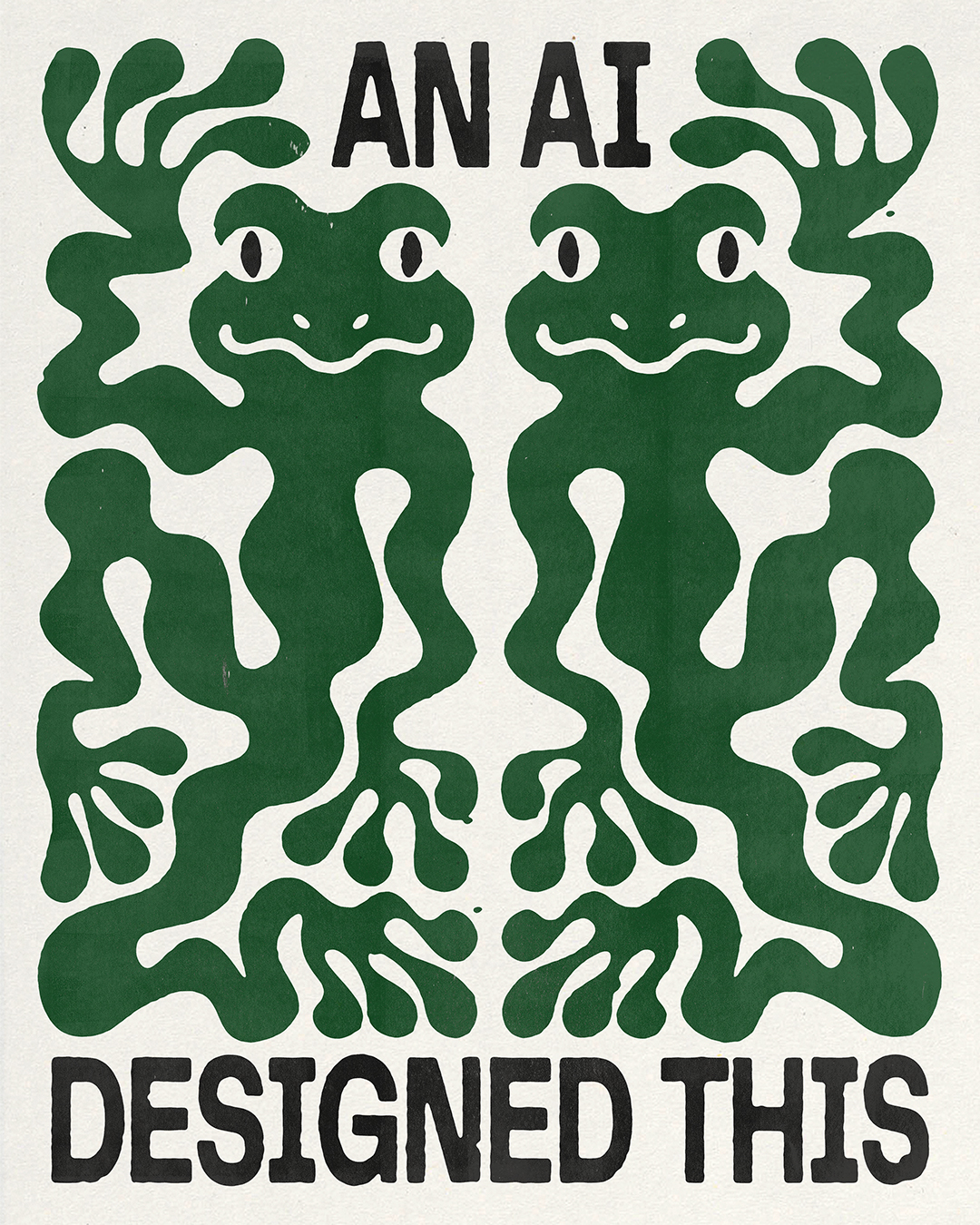
Lucy Watson, Goodie Works: I use ChatGPT like every single day. I’m terrible at any writing task and because I sell T-shirts through my own website as well, I get a lot of people emailing me. I know emails are easy to write, but it takes me ages to do them, so I’ll use ChatGPT to help me out. It never comes out with an answer that’s perfect, but I can tweak it and make it somewhat like me and send it off. It saves me so much time, and I use it for Instagram captions too, all sorts of things.
VC Pines: I got Threads the other day, and asked other creatives on Threads about AI: are you worried, are you not? A lot of people actually aren’t, because AI is pulling data from thousands of different sources, faster than we can, but that’s data that’s already there. It’s mixing it up and spit it back out at you. What it’s not doing is generating brand new ideas that you can make or come up with. I was surprised at how chill people were.
Alexander Khabbazi: I think people are more afraid of what it could be, than what it is now. I was sponsored by Adobe to use their new AI text-to-image generator, and they wanted me to use that to create an artwork. But it still required quite a significant amount of editing, it wasn’t just me typing in, it took sort of six hours to make the whole thing, it was quite tedious. It would have taken me much less time to just paint it.
Halima, But Also Get Therapy: When it comes to AI and podcasts. I think if you work backwards, if you feel good and enjoy what you listen to, then do you care about who created it? Do you care if it was generated by AI? I wonder why people are better?
Mel, But Also Get Therapy: I think the first AI podcast came out not that long ago, and I haven’t listened to it because I don’t want to. I guess because I want to listen to people’s experiences, and I think that what we talk about, which is our life experiences and friendship and moving through the world, I don’t think an AI could replicate that in the same way.
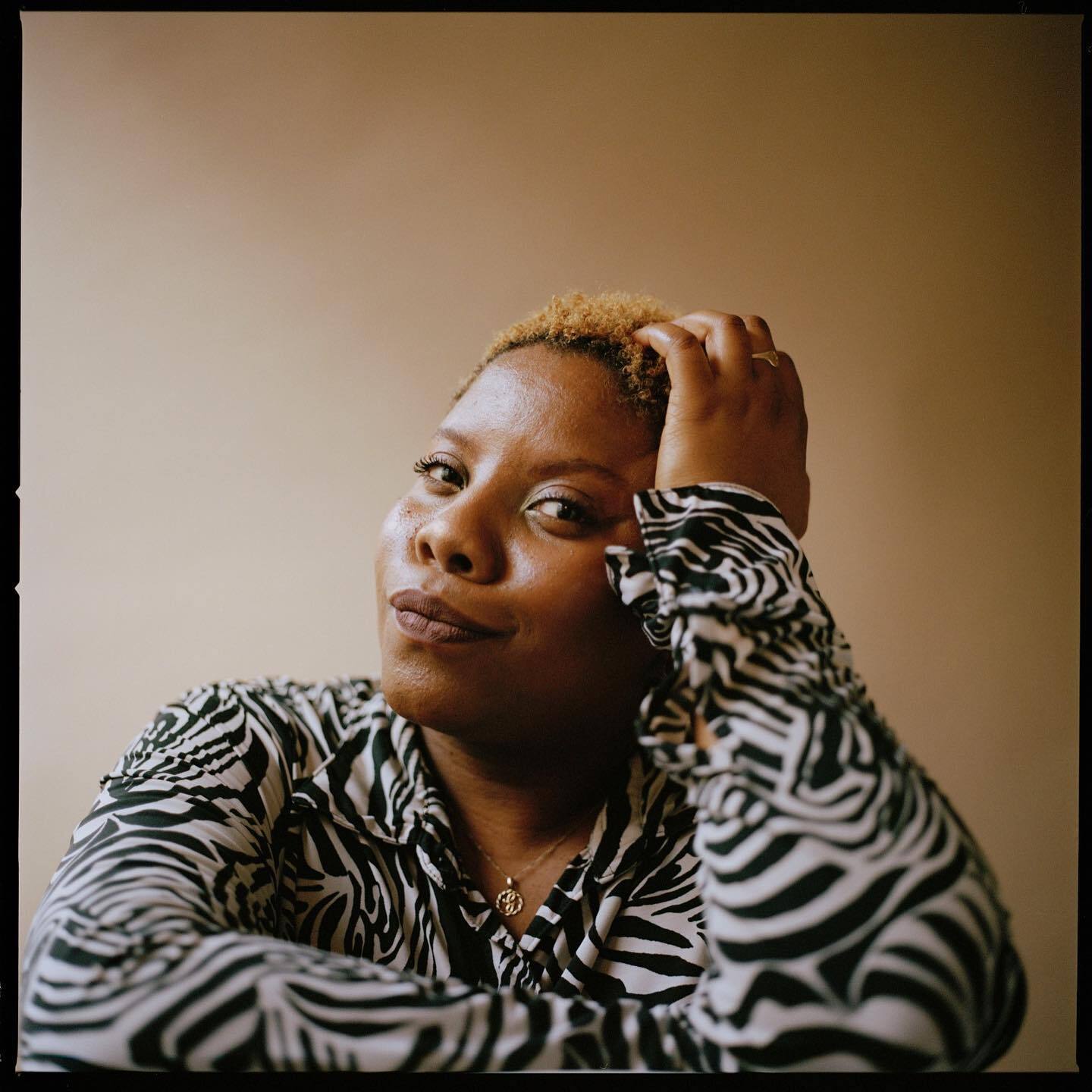
VC Pines: From a music perspective, that AI track that was with Drake and The Weekend, it generated $20 million. But for major labels that are renowned for not caring about anything but profit, if they can generate $20 million sitting on their ass, why the fuck are they going to invest in development deals? That being said, there will always be a market for people that want to listen to the human experience, and to a song written by a human.
Halima, But Also Get Therapy: I suppose then the responsibility is on us as consumers. We need to make sure that we’re protecting the human experience, And if that’s what you care about, that you’re working and listening to things that are from humans and not AI.
On The Environment
Georgina Johnson: I wonder too about the ecological cost of AI, because a lot of this information is going to be held on servers in warehouses, and the warming effect of that is insane. I think we need to always make sure that we are putting the environment and community in the middle of any discussion, because we only have one planet at the end of the day.
Alexander Khabbazi: I remember with NFTs, which I think of as a comparable thing, people found out that they were absolutely terrible for the environment. To mint one popular NFT you used more electricity than you would in your entire life, kind of thing. As soon as people realised that I noticed that they became a lot less popular, it was almost a bit taboo.
Read More: What We Learned At Everpress Meets: Part One



